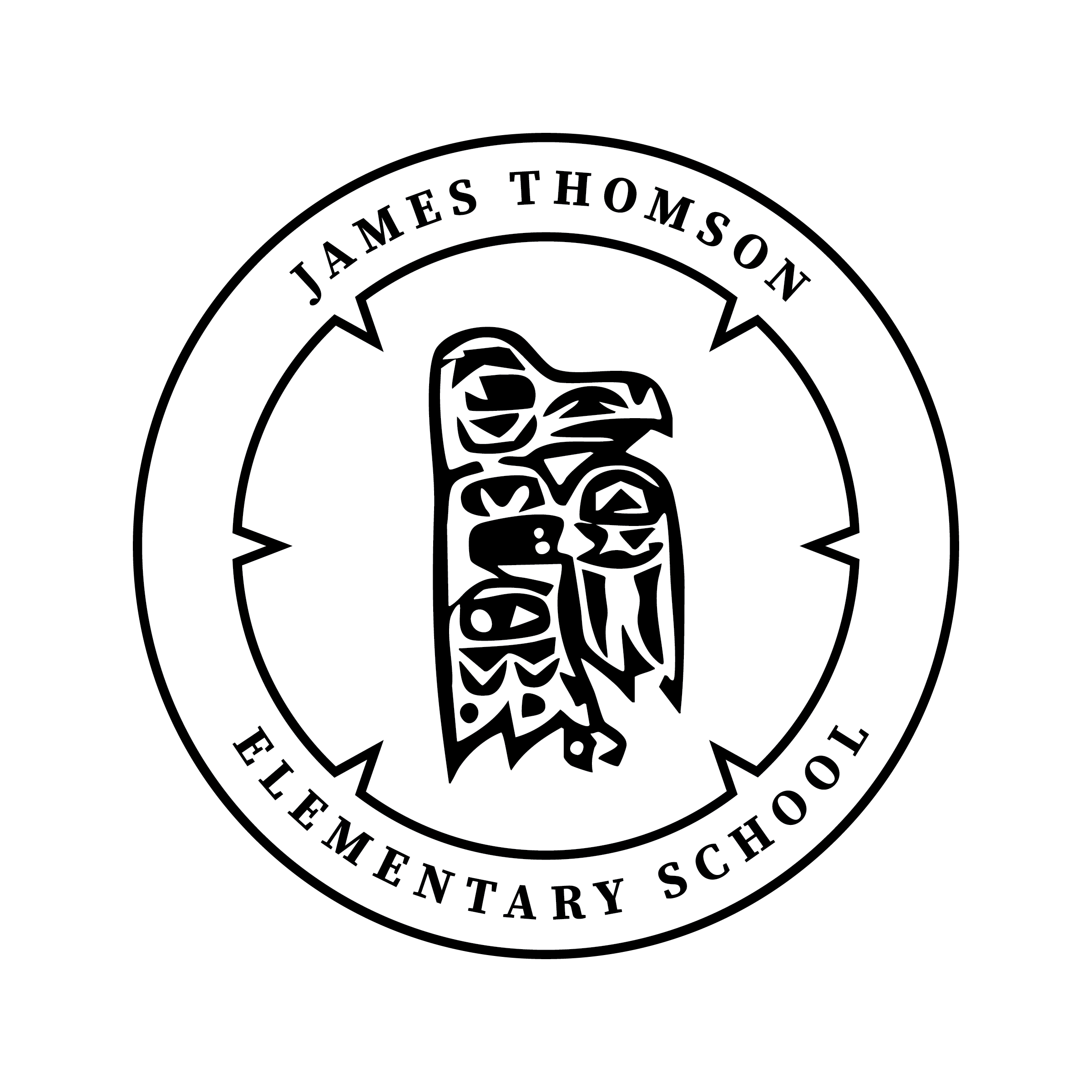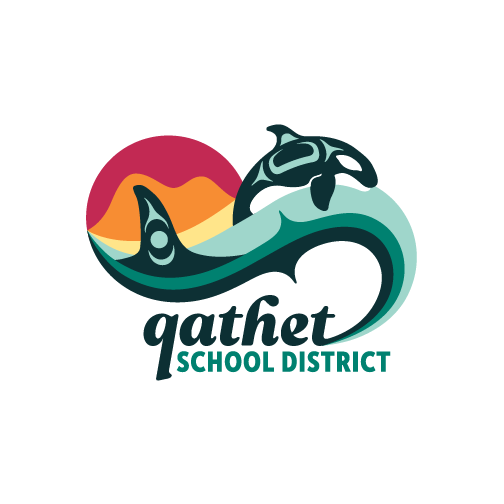Ecological Learning
Guiding Principles
We design our education programs to embody the following characteristics:
- Place-Based: The local community is the starting point for teaching concepts in science and culture; students learn about where they live
- Hands-On: Students actively use all of their senses to explore nature, stewardship, and science
- Conservation in Action: The activities we do with students are tied to efforts to meet local, regional, and national conservation goals
- Inquiry-Based: Students learn science by asking and answering questions as a guide to discovering the world around them
- Service-Learning: The learning activities that students do directly benefit their community, motivating students by giving extrinsic value to their work
- Skill-Building: Students learn valuable skills in science, horticulture, problem solving, critical thinking, and stewardship
- Professional and Peer Mentoring: Students build relationships with peers, older student mentors, and professional mentors that give them multiple perspectives and confidence
- Experiential: Students don’t just learn about restoration, students DO restoration
Examples of our activities:
- Learning in our outdoor classroom.
- Field day learning at Craig Park
- Outdoor bike day
- OLC excursions.
- Learning days at the beach
- Learning trips to the hatchery



